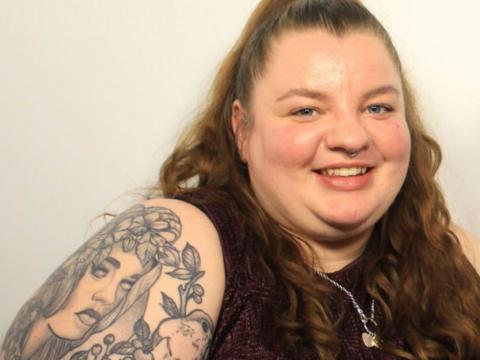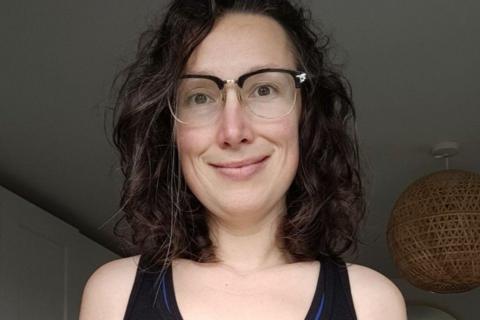When Branneisha Cooper was overweight, she felt both invisible and like she stood out.
Her friends would get attention when they were out together, while she was overlooked. But she also had a sense that everyone was staring at her, scrutinising her.
Everyday scenarios were daunting: fairground rides (would she fit in the seat?), working out (would it hurt?), clothes shopping (would she find attractive clothing in her size?).
At the end of 2022, Branneisha, now 28 and working in Texas for a major retailer, began using weight-loss injection Mounjaro. She's lost about six stone (38kg).
Things changed quickly. Suddenly, she could exercise without her body getting sore, colleagues made more small talk with her and she felt comfortable going on adventurous dates with her boyfriend. She was go-karting, dancing and going to arcades - activities that previously made her feel self-conscious.
But despite feeling like she had a "second chance at life", weight loss was bittersweet.
"It was almost like I had stepped into a different world overnight," Branneisha recalls. "People were suddenly more friendly, more attentive, and I was given opportunities and respect that didn't exist before."
"That rapid shift was jarring and really opened my eyes to just how deeply size bias is ingrained in our culture," she continues. "Psychologically, it was a lot to process because while I was the same person, the way I was perceived had completely changed."



